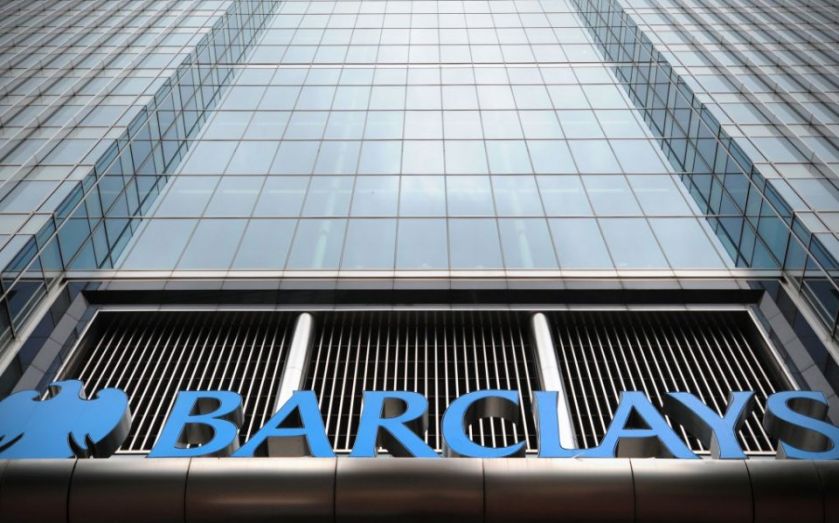Forex rigging scandal: Record fines doled out to banks but Barclays refuses to play ball

Five global banks were fined yesterday by UK and US regulators, in a record £2bn punishment for traders fiddling crucial foreign exchange benchmarks from 2008 to 2013.
The fines were particularly stiff because some of the manipulation took place after attempts at Libor fiddling had already been exposed.
Barclays stood out yesterday, having not yet agreed on a settlement.
The banks will also have to undergo a programme of reforms, overseen by regulators – for instance banning unmonitored mobile phones and webchats from the trading floor.
Britain’s Financial Conduct Authority issued £1.1bn in fines.
It charged Citibank £225.6m; HSBC £216.4m; JP Morgan Chase £222.2m; RBS £217m; and UBS £233.8m.
The US’ Commodity Futures Trading Commission fined Citi and JP Morgan $310m (£196m) each; RBS and UBS $290m each; and HSBC $275m.
Swiss regulator Finma also fined UBS SFr134m (£87.7m).
And the US Comptroller of the Currency fined Bank of America $250m; Citi $350m; and JP Morgan $350m.
Regulators and banks had tried to agree a joint, group settlement in part to avoid a drawn out series of fines as happened with Libor – when Barclays was the first to settle, resulting in intense focus on the bank and the exit of its chairman and chief executive.
Instead, Barclays has decided this time to try to settle with more regulators at once. It is known to be in talks with the US Department of Justice, Securities and Exchanges Commission and the New York Department of Financial Services, as well as Hong Kong regulators. This means it will not receive the 30 per cent discount offered by the FCA for settling early.
The authorities found traders at the five banks had colluded to manipulate the ECB’s 1.15pm foreign exchange fix and the WM Reuters 4pm fix – key benchmarks for other currency traders.
Typically, bank traders would collude if they were all buying or all selling a currency, in a bid to combine their orders and drive the price up or down at the moment the benchmark was set.
Over orders of hundreds of millions of dollars, moving the exchange rate by a tiny fraction could bring profits of hundreds of thousands of dollars.
“Firms could have been in no doubt, especially after Libor, that failing to take steps to tackle the consequences of a free for all culture on their trading floors was unacceptable,” said FCA enforcement boss Tracey McDermott.
“This is not about having armies of compliance staff ticking boxes. It is about firms understanding, and managing, the risks their conduct might pose to markets.”